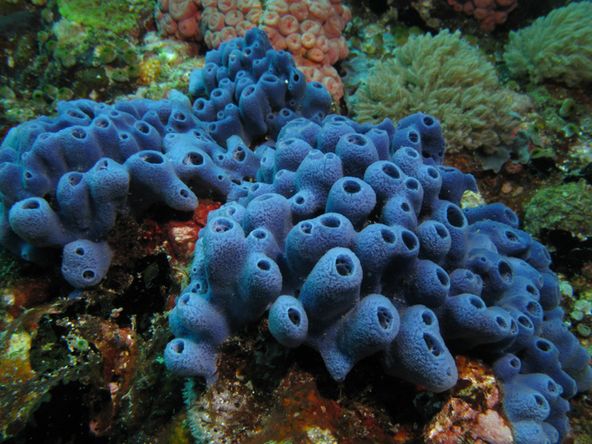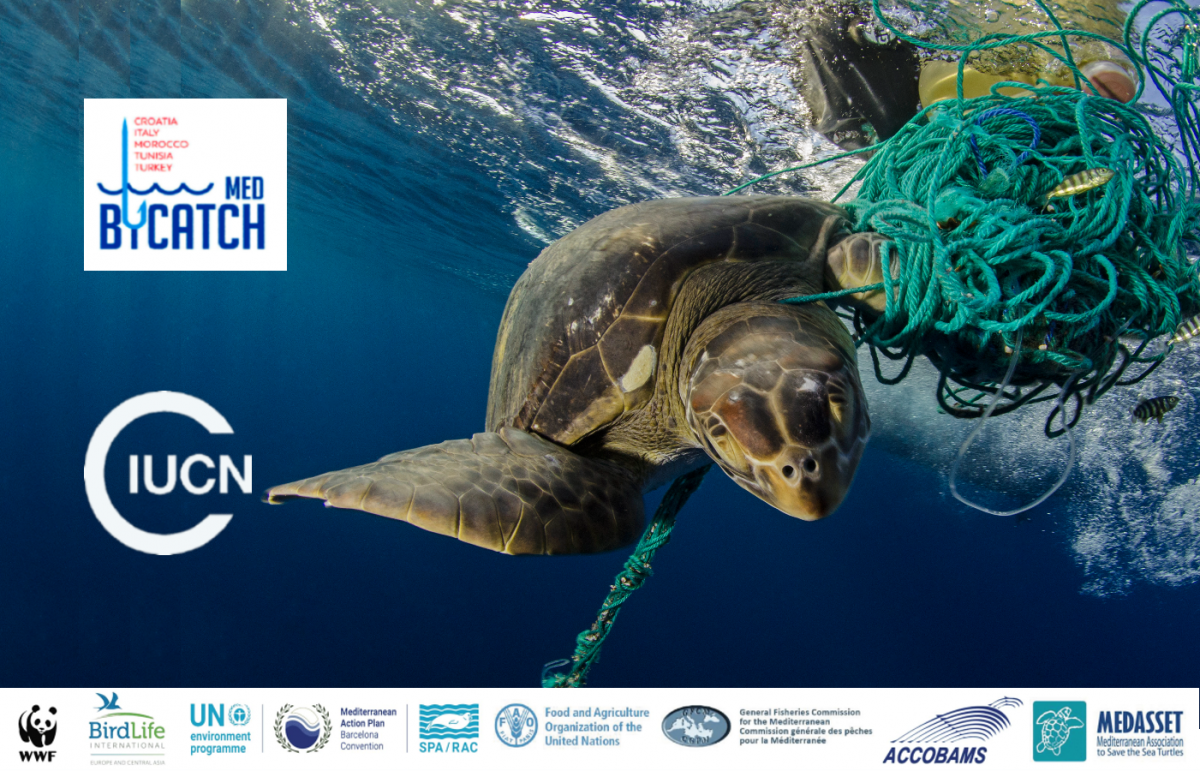High Seas: Time to be Bold, Visionary and Pragmatic for the Benefit of Humankind and the Ocean
In time for the resumption of the IGC4 (the Intergovernmental Conference on an international legally binding instrument under the United Nations Convention on the Law of the Sea) this month, IUCN is releasing a report that aims to guide decision makers on the important topic of establishing area-based management tools (ABMTs).

Photo: IUCN Photo Library © Catherine Gras
The analysis and recommendations in the report draw on the 2021 IUCN expert meeting held in December. A summary version is also available.
This report is intended to inform the fourth and final intergovernmental conference (IGC4) for an international legally binding instrument for the conservation and sustainable use of marine biodiversity beyond national jurisdiction (BBNJ Agreement), scheduled for 7-18 March 2022 at UN headquarters in New York. The report deals with one aspect of BBNJ Area-Based Management Tools in Areas Beyond National Jurisdiction and IGC4, stressing that we need to be bold, visionary and also pragmatic in the treaty negotiations for BBNJ.
The report captures the main outcomes from the workshop, “Area-Based Management Tools in Areas Beyond National Jurisdiction” (7-8 December 2021). To explore the practical implications of the draft BBNJ Agreement’s provisions for establishing area-based management tools (ABMTs), the workshop focused on the two specific areas: the Thermal Dome1 and the Sargasso Sea, and the activities planned under the SARGADOM project2.
The workshop was organized by IUCN, with the support of the French Biodiversity Agency (OFB, Office Français de la Biodiversité) with additional support from the Swedish Ministry of Environment and the Dutch Ministry of Infrastructure and Water Management. The workshop built on the 2019 IUCN Workshop report3 on ABMTs in ABNJ as well as the revised draft text4 of the BBNJ Agreement. The 2021 workshop discussions recognized the Global Ocean as a “commons” whose health is a shared interest of all humanity and highlighted the corresponding importance of enabling the international community to work together for the benefit of humankind and the ocean.



